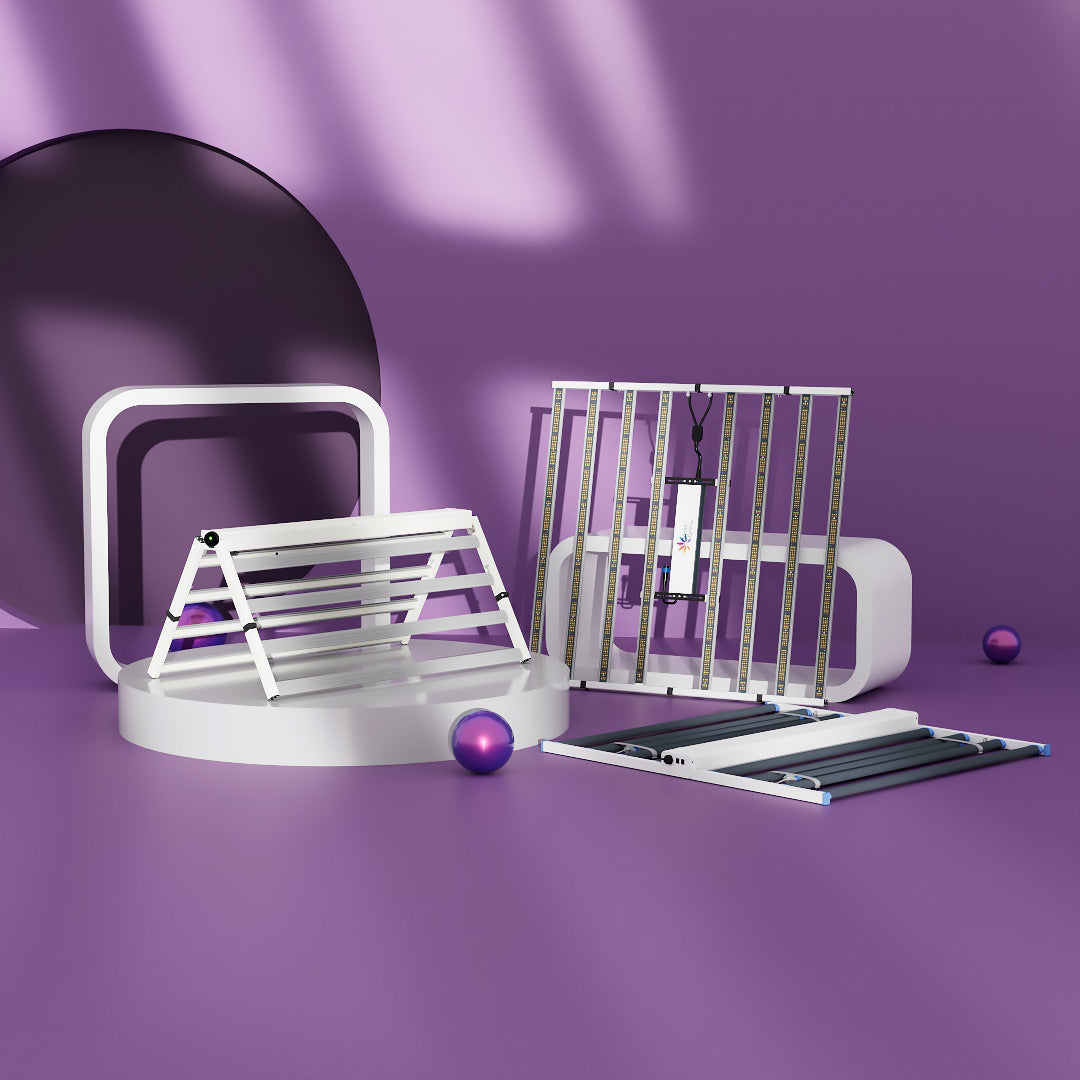
High-Efficiency LED Grow Light
Since 2013, Medic Grow has been a leader in LED grow lights, delivering high PPFD, custom spectrums, and premium Osram diodes to maximize efficiency, boost yields, and enhance the quality of buds. Through continuous research and innovation, Medic Grow is widely regarded as the best LED grow light on the market for optimizing both yield and THC levels.


Medic Grow Fold-8 Full-Spectrum 760w Commercial LED Grow Lights ETL & DLC Certified for 4X4/5X5
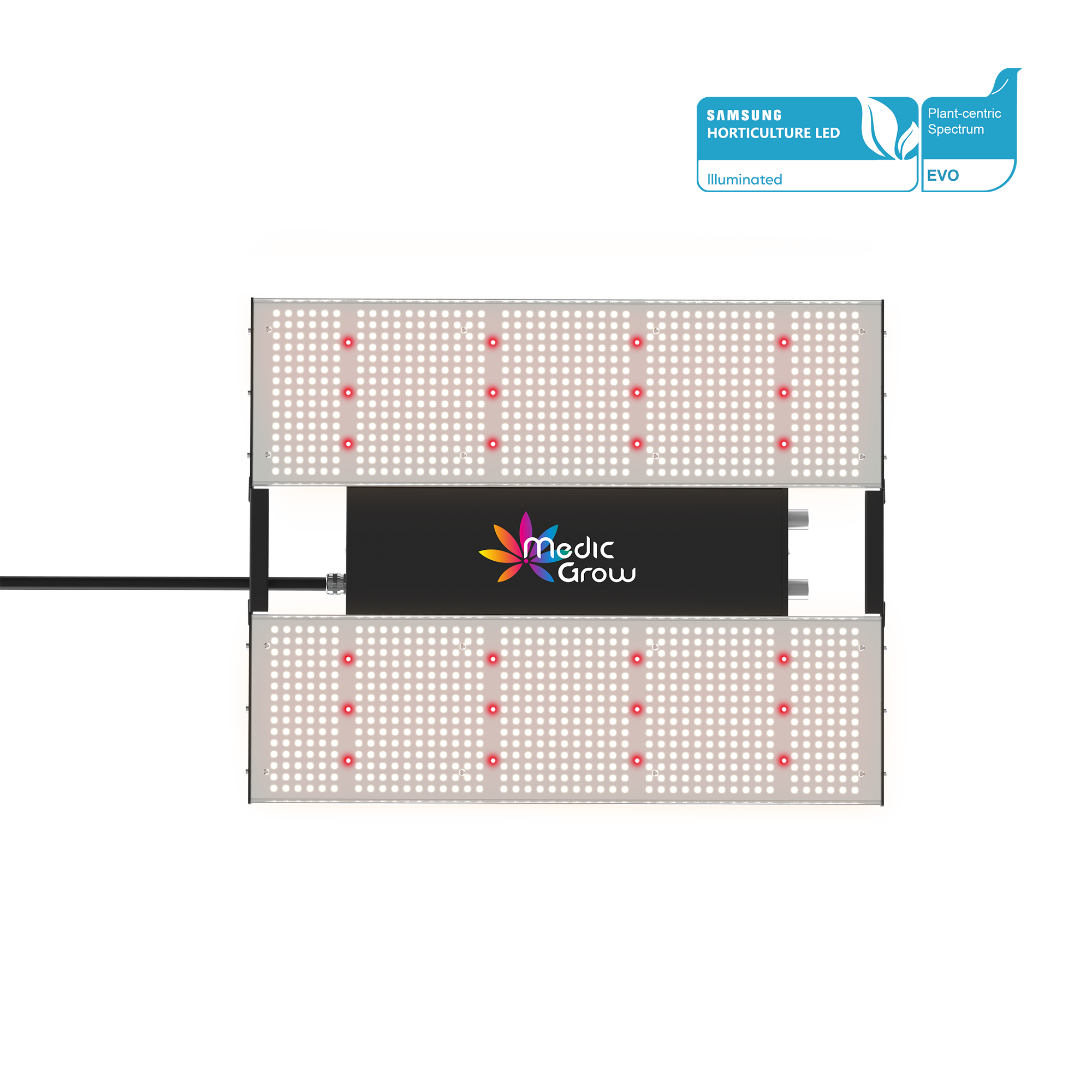
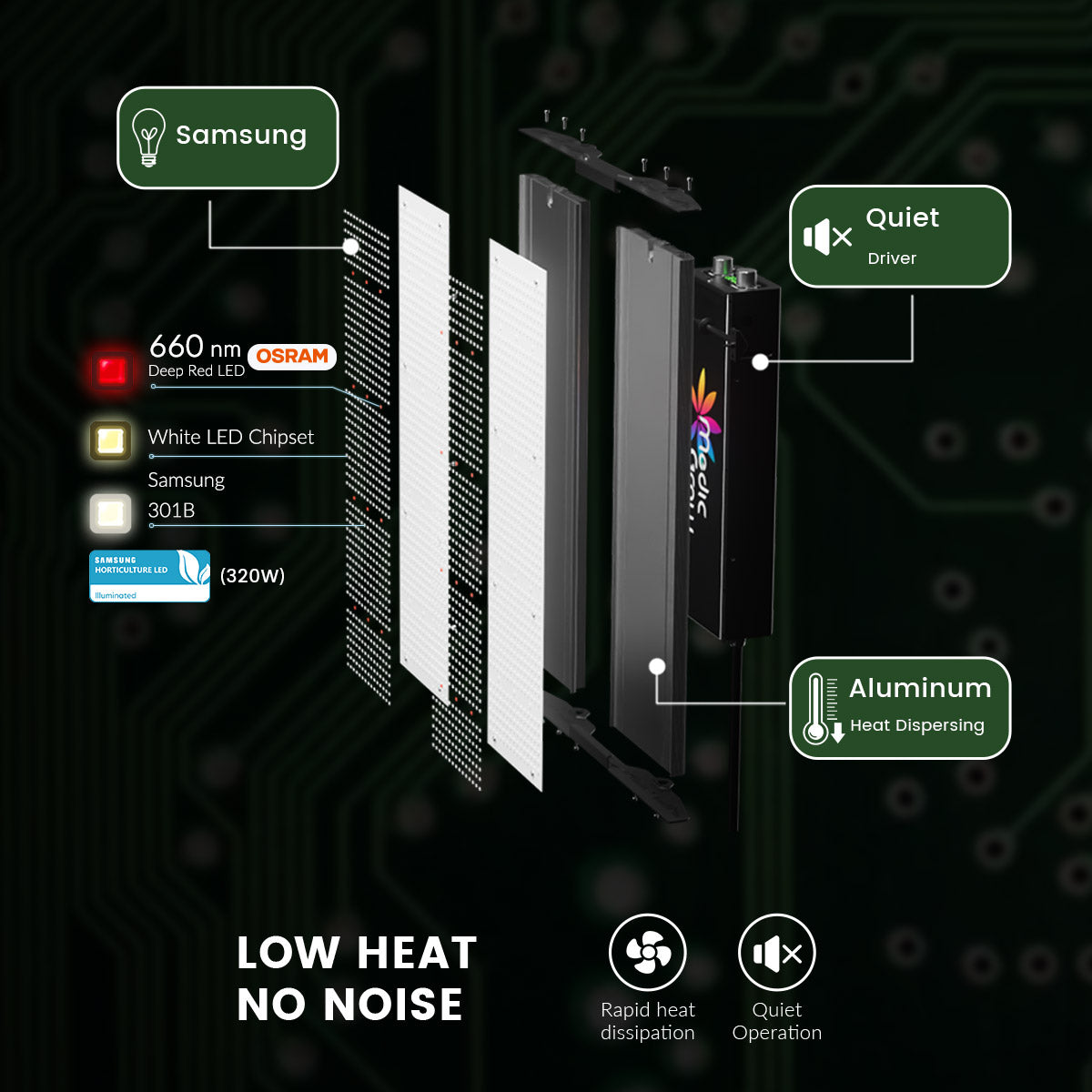
Medic Grow MINI SUN-2 Full Spectrum Dimmable 150W-500W LED Grow Light for 2X2/3X3
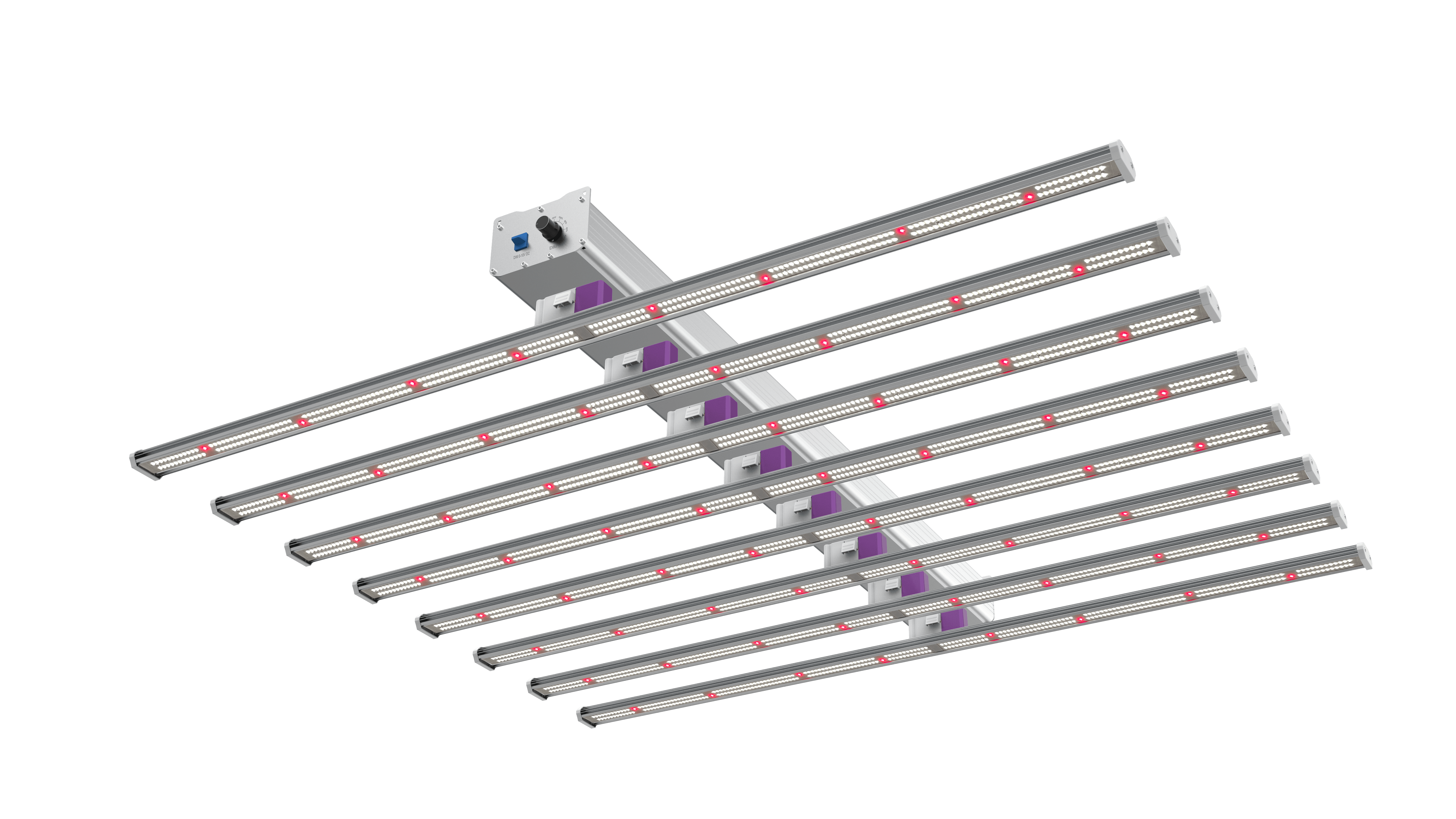
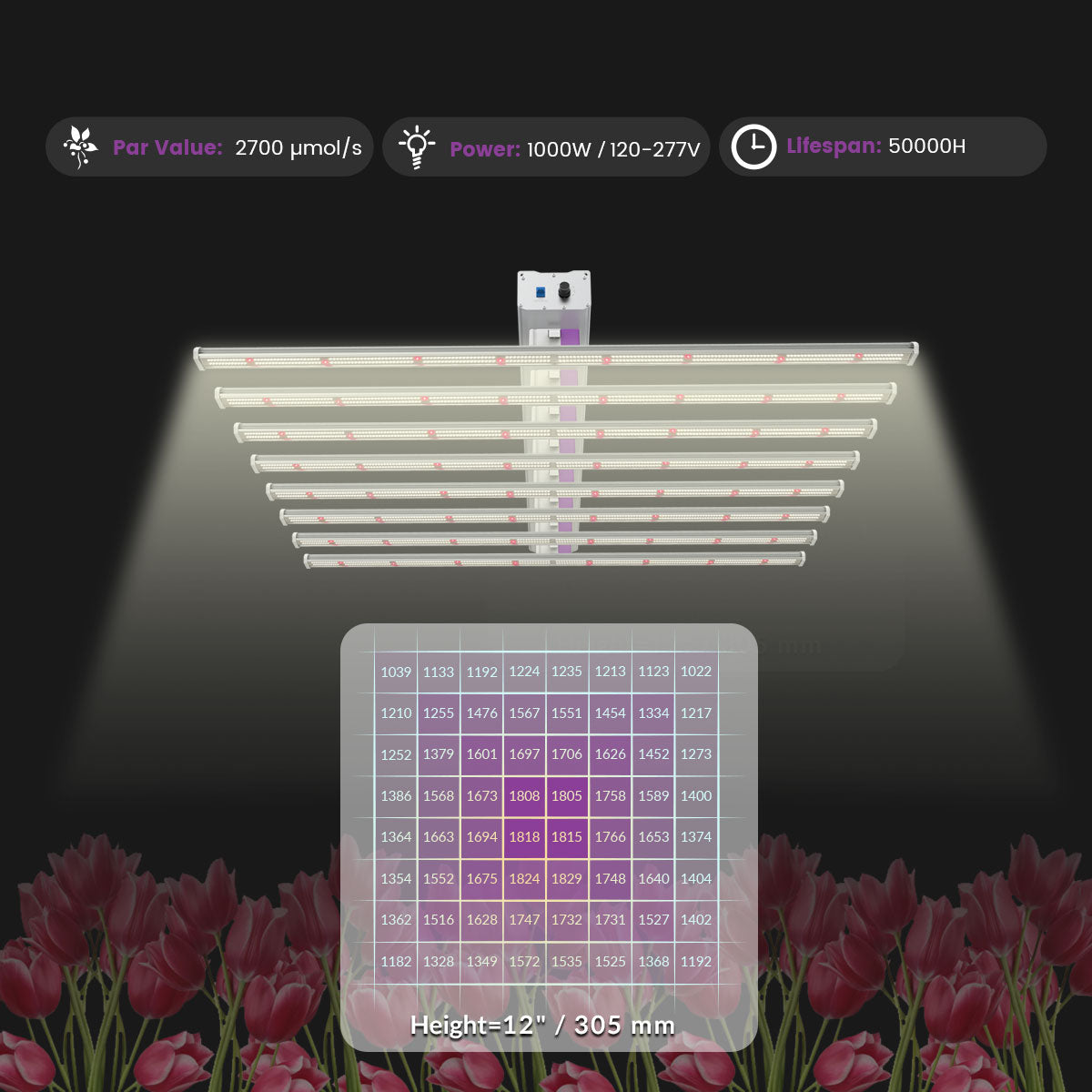
Medic Grow Ez-8 Smart Dimmable Full Spectrum 1000 Watt LED Grow Light for 5X5 Planting
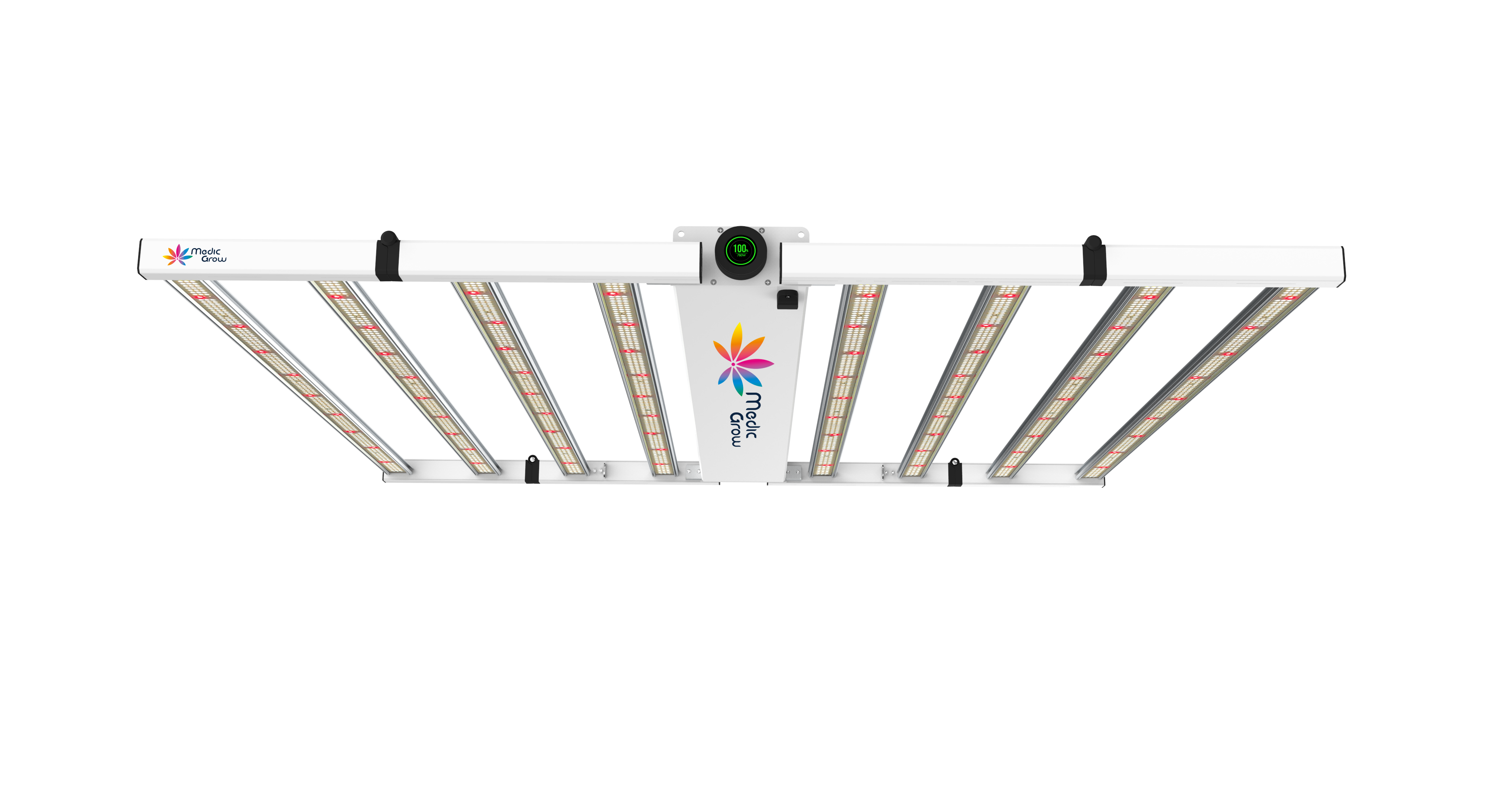
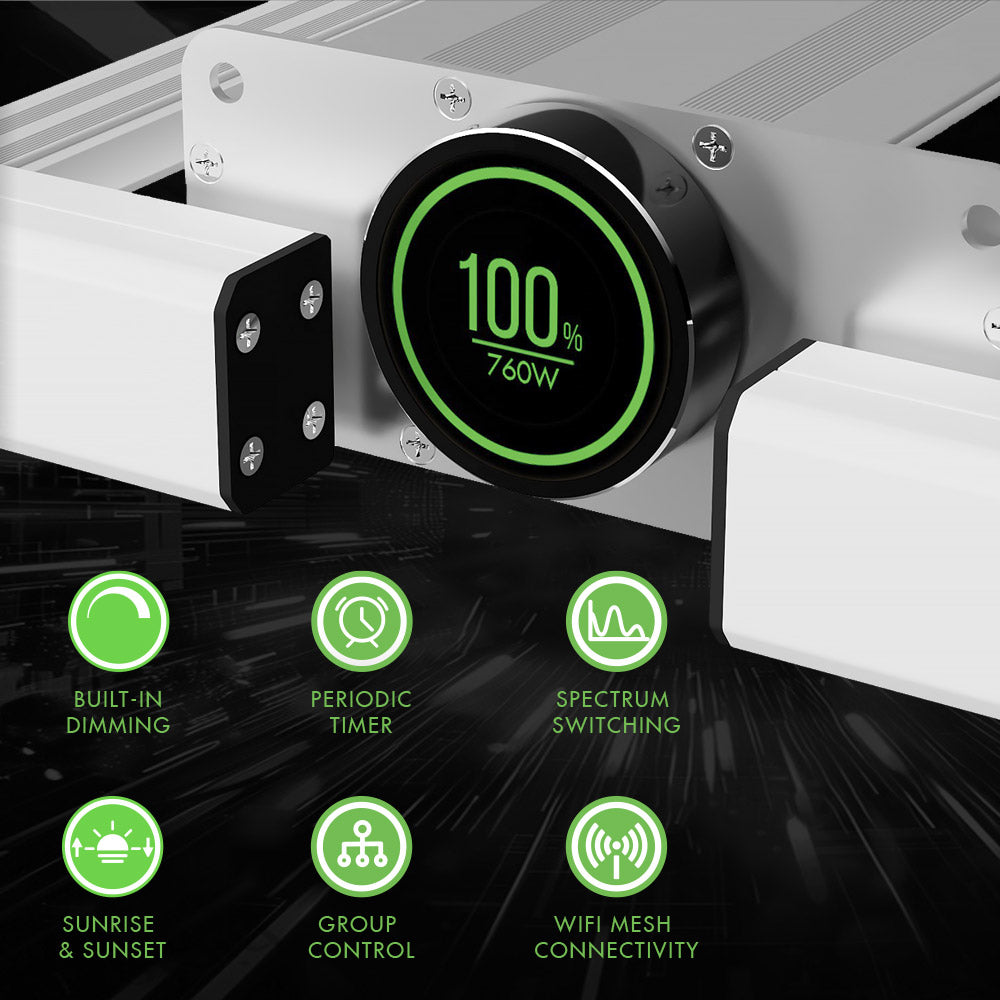
Medic Grow Neo-780/1000 Smart Adjustable Spectrum LED Grow Lights 780/1000w for Veg and Flower


Medic Grow Smart-8 Full Spectrum Dimmable 760W LED Grow Light with Timer - High Yield Lamp for 5x5 Tent


Medic Grow Venus Full Spectrum Cost-Effective 200W LED Grow Light for Vegetative and Beginner: 2X4FT
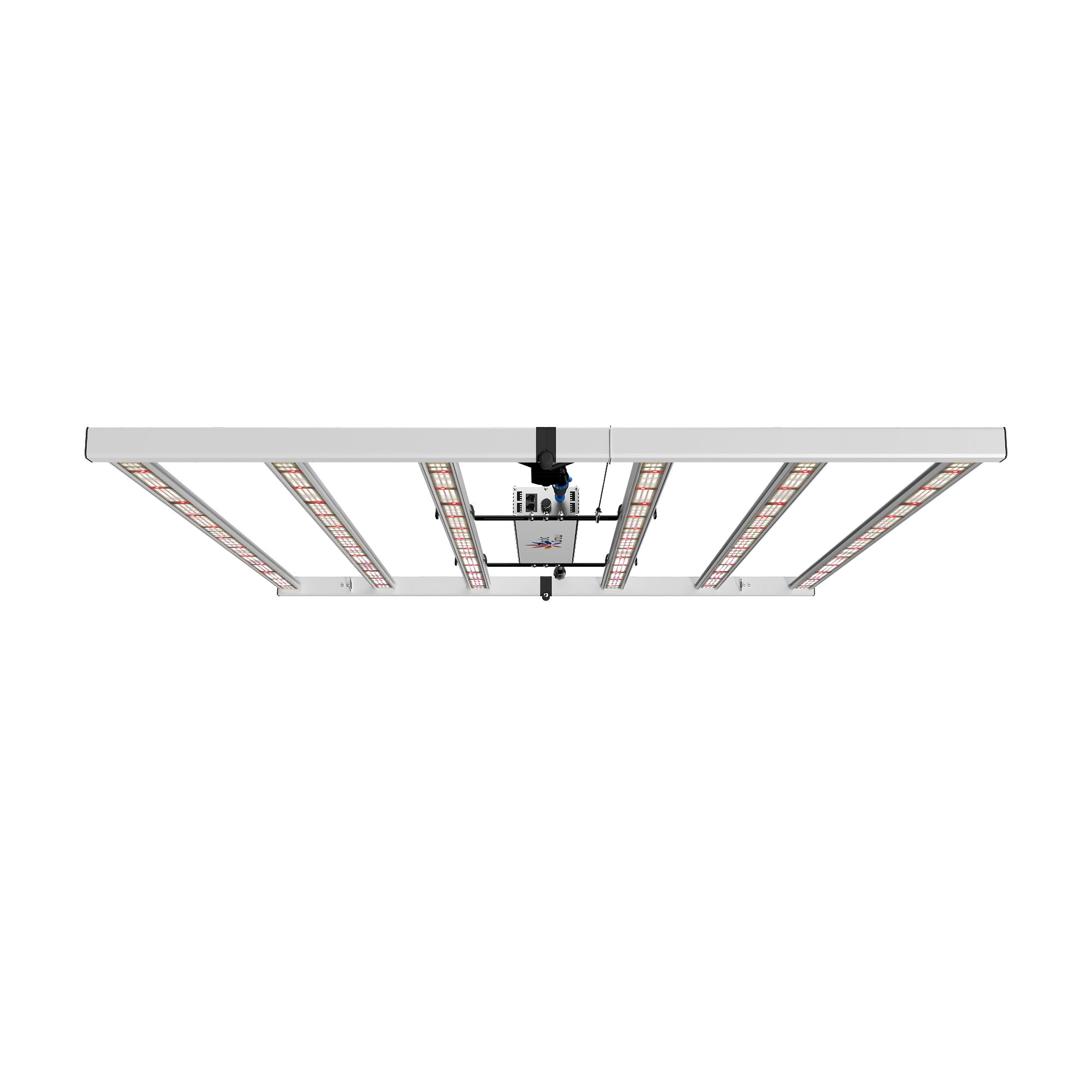
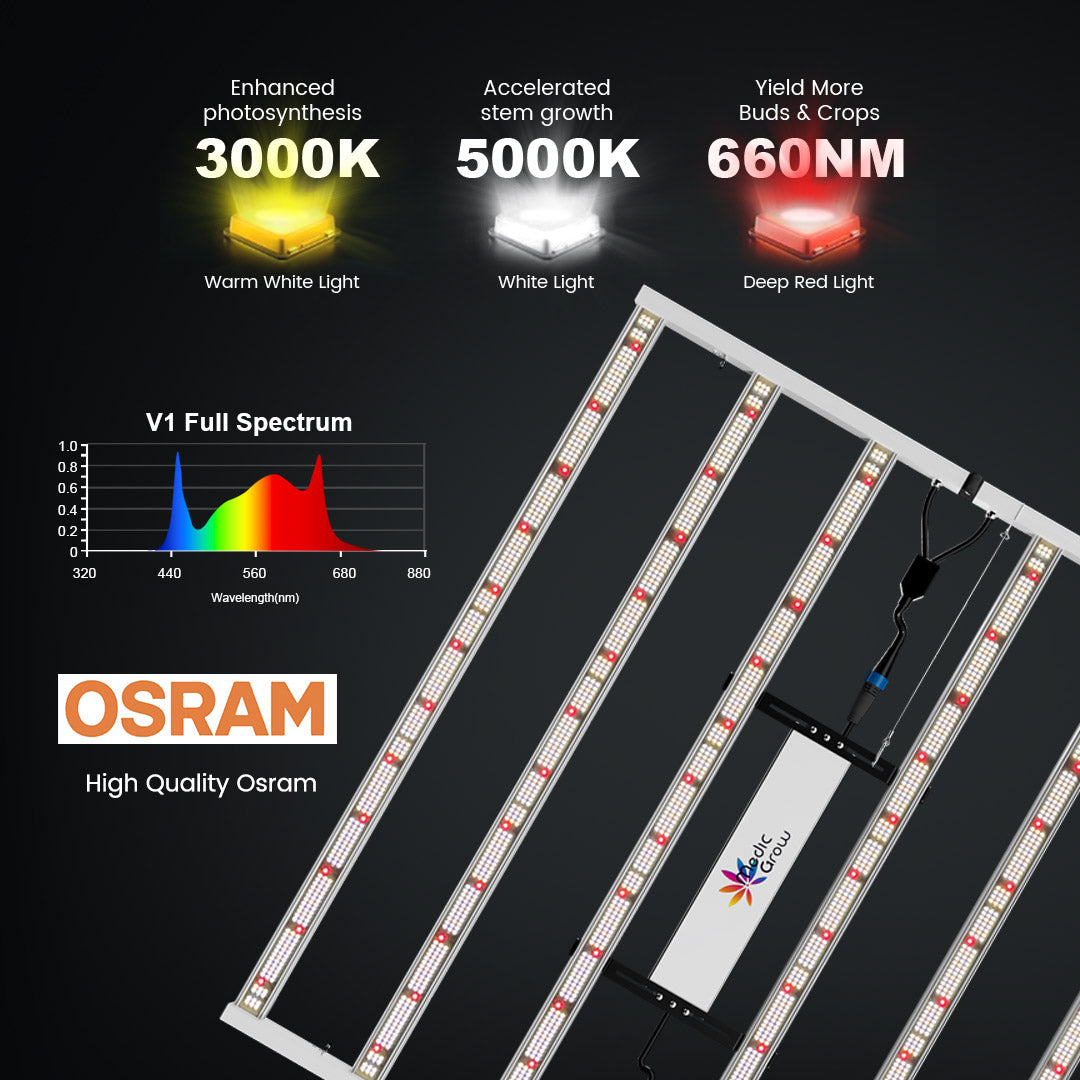
Medic Grow Fold-650 Built-in dimmer 650W Led Grow Lights V1 Spectrum


Medic Grow Fold 1200 Watt Commercial Red and Blue Full Spectrum LED Grow Light ETL & DLC Certified for 4X6 Planting


Medic Grow Spectrum X 780-880W Adjustable Full Spectrum UV and FR Commercial LED Grow Light for 5X5FT
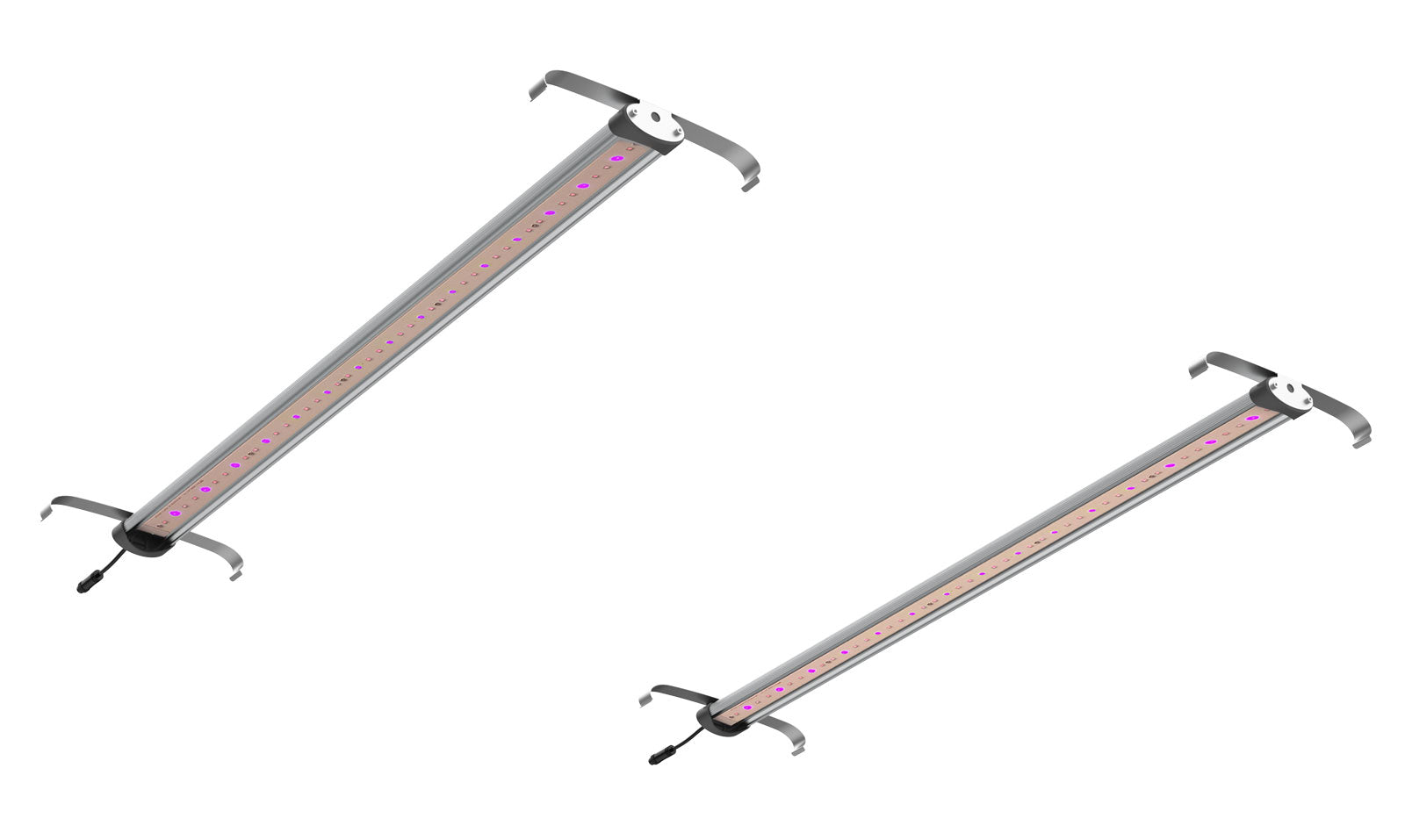
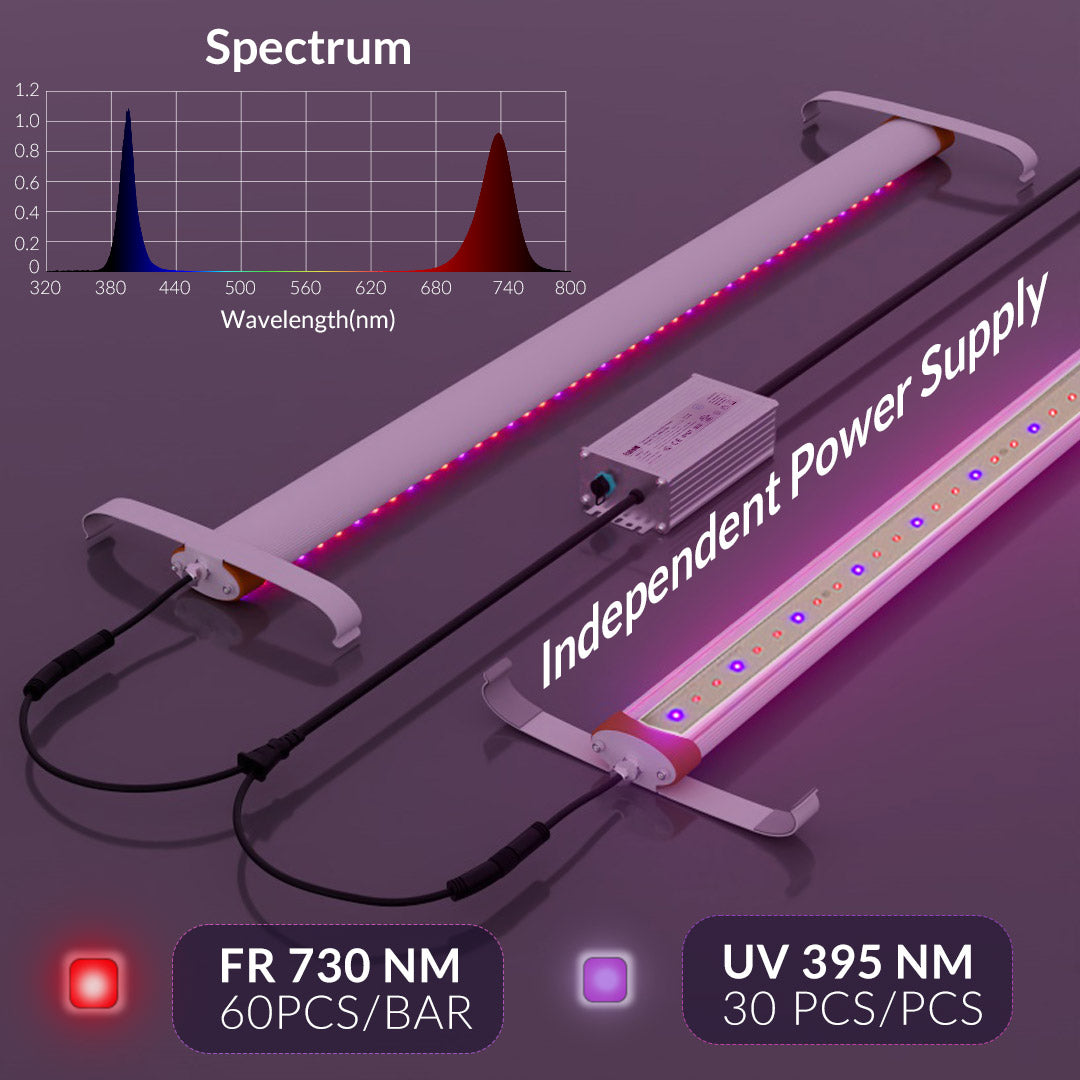
UV + FR 4 ft Supplemental LED Grow Light Bar


Medic Grow MEDIC BOX 07 Dimmable Full-Spectrum LED Grow Light 720w for 4x4 Planting


Medic Grow Fold-800 Full-Spectrum LED Grow Light 800w for 4x4 Planting ETL & DLC Certified
Frequently Asked Questions About Our LED Grow Lights
Q: What is the Best Grow Light for Growing Plants Indoors?
A: For growing plants indoors, LED grow lights like 1000-watt grow lights are the top choice due to their energy efficiency and customizable spectrum, perfect for both vegetative and flowering stages. Always opt for a smart grow light with high PPFD (Photosynthetic Photon Flux Density) output, full-spectrum coverage, and adjustable intensity and time settings to cater to your plant's needs throughout its growth cycle. If you're interested in this, visit our blogs for more detailed insights on optimizing plant growth with plant grow lights.
Q: How Does an LED Grow Light Work?
A: Grow lights emit electromagnetic radiation, including UV and IR, which plants absorb for photosynthesis. Different types, such as LED and HID lights, work by exciting electrons in semiconductors (LED gorw lights) or ionizing gases (HID lights). Full-spectrum LED grow lights cover a wide range of wavelengths, including the key blue and red light needed for photosynthesis.
Moreover, grow lights influence plant growth by providing the right intensity and spectrum of light, mimicking natural daylight cycles, and integrating with other environmental controls like temperature, humidity, and ventilation for optimal indoor gardening conditions.
Q: Are LED Grow Lights as Good as the Sun?
A: Some LED grow lights are as good as the sun. For example, full-spectrum LED grow lights are highly effective for indoor gardening with the sun-like light spectrum designed for plants' different growing stages.
However, plants still need a period of rest. Mimic natural sunlight with a grow light controller to optimize the benefits of grow lights. Unlike sunlight, which varies throughout the day and seasons, grow lights for plants provide a consistent light source tailored to specific plant needs, making them ideal for controlled indoor environments.
Q: How to Choose a Suitable Grow Light?
A: Choosing the right grow light depends on your specific indoor gardening needs and plant types. Here are some tips:
1. Light Intensity: Determine the growing light intensity and specific wavelengths your plants require. The height at which the plant grow light also affects the light intensity. If the light intensity is too high for your plant, it will cause it to wilt. On the other hand, if the grow light intensity is not enough, it will limit the plant's growth.
2. Light Spectrum: Opt for full-spectrum LED grow lights for a broad range of wavelengths similar to natural sunlight. They cover the blue light necessary for the plant growth stage and the red light for the flowering stage. Each grow lamp has a different light spectrum and you need to purchase a customized spectrum plant grow light specifically for your plants.
3. Sufficient PPFD: Ensure the grow light has sufficient PPFD for your plants' growth stage and grow tent kit size. Properly sized grow tents and grow lights allow for more even light, thus maximizing the use of grow lights for plant growth.
4. Energy Saving: Choose an energy-efficient grow light like an 800w LED grow light with high micromoles per joule (μmol/J). These grow lamps are not only affordable but also maximize the use of electricity due to the high PPF output.
6. Heat Management: Ensure good heat management with effective dissipation mechanisms. Some grow lights for plants are built with aluminum for the exterior material, which has extremely high heat dissipation and ensures high-intensity output while avoiding overheating of the plant and the plant grow light.
7. Lifespan and Warranties: Look for durable growing lights with long warranties. Longer warranties, like the Medicgrow grow light's five-year warranty, typically indicate that the manufacturer has confidence in its products and materials.
8. Smart system: Consider smart grow lights with adjustable settings for light intensity, light spectrum, and light timing to enhance your plant's growth. Medicgrow NEO 1000w grow lights feature an integrated control system that simultaneously controls all the light conditions your plants need to grow.
For more detailed information on choosing the best grow light, you can read this article: best grow light.
Q: How to Install an LED Grow Light?
A: Properly installing your plant grow lights will not only maximize their efficiency but also save you money on your electric bill, ensuring the healthy growth of your plants. To install an LED grow light, follow these detailed steps:
1. Suitable Location: Select a space that allows for proper light distribution across your plants and provides adequate room for them to grow. Ensure the area has good ventilation to prevent overheating and maintain optimal temperature and humidity levels.
2. Install Hooks: Securely attach sturdy hooks or adjustable hangers to the ceiling or a supportive structure above your growing area. These should be positioned to allow even grow light coverage and be capable of supporting the weight of your LED grow lamp.
3. Assemble the Fixture: Follow the manufacturer's instructions to assemble the plant grow light, including attaching any reflectors or connecting multiple growing light panels if necessary. Ensure all components are securely fastened and that any protective covers are removed.
4. Hang the Grow Light: Hang the grow light at the recommended height above your plants, typically specified by the grow light manufacturer, to ensure optimal light penetration and coverage. Adjust the height as your plants grow to maintain the ideal plant grow lights distance.
5. Connect the Power Cord: Plug the grow light’s power cord into a grounded electrical outlet, ensuring it is safely and securely connected. Avoid using long extension cords and ensure the outlet can handle the power load of your growing light.
6. Adjust the Light Settings: Set the grow light intensity and schedule according to the specific needs of your plants and their growing stages. Use grow light timers and dimmers if available to mimic natural light cycles and provide the optimal conditions for growth.
After installing plant grow lights, monitor your plants to ensure they receive adequate light without stress or heat damage. Also don't forget to adjust settings by using an LED grow light controller as necessary for optimal growing conditions.
Q: Can Plants Be Under Grow Light 24/7?
Plants should not be exposed to grow lights 24/7. They need a balance of light and dark to grow. You can provide your plants with a regular light/dark cycle, preferably 8-10 hours of darkness per day, to simulate natural sunlight and promote healthier plant growth and overall health. This may sound a little complicated, but don't worry; Medicgrow 150-watt grow light for house plants can help you easily adjust the light time for your plants. For more information on how long should plant grow lights be on, read this article.
Q: How High Should I Hang My LED Grow Light?
A: The height at which you hang your grow lights depends on the growth stage of your plants:
- For seedlings: Hang LED grow lights 24-36 inches above plants.
- For the veg: Hang grow lights for plants 18-24 inches above plants.
- For the flower: Hang growing lights 12-18 inches above plants.
The hanging height of the plant growth light directly affects the growth effect of plants. If it is hung too high, the grow light intensity will be weakened, unable to meet the photosynthesis needs of plants, resulting in slow growth and stunted growth; if it is hung too low, the light intensity is too strong, which may burn the leaves of plants.
Therefore, maintaining the proper hanging height can ensure even light distribution and promote healthy plant growth.
Following the specific recommendations provided by the LED grow light manufacturers for optimal grow lamp hanging distance can ensure your plants grow healthy and better.
Q: How Do You Maximize LED Grow Lights?
A: Effectively utilizing a plant grow light can often be twice as effective, and here are some guidelines:
Adjust the Grow Lamp Height: Position the LED grow light at the recommended height for each growth stage to ensure optimal grow light intensity. Seedlings require the light closer, while mature plants need it higher to prevent burning and promote even light distribution.
Use Reflective Surfaces: Utilize reflective materials like mylar or grow tents with reflective interiors to maximize grow light efficiency. These surfaces help bounce light back onto the plants, ensuring all parts receive adequate illumination and reducing light loss in the grow lamp.
Set Appropriate Light Duration: Use a grow light controller or timer to set the correct growing light duration based on the plants' needs. Different stages of growth require specific light cycles, such as 16-18 hours for vegetative growth and 12 hours for flowering, to simulate natural daylight patterns.
Maintain Optimal Temperatures: Keep the growing area at optimal temperatures using grow fans, air conditioning, or complete grow tent kits. Consistent temperature control prevents heat stress and promotes robust growth, with ideal ranges typically between 70-85°F (20-30°C) for most plants.
Ensure Good Air Circulation: Maintain good air circulation with growing fans or grow tent kits to supply fresh CO2 and eliminate excess heat by using plant grow lights and humidity. Proper airflow helps prevent mold, mildew, and pests while supporting healthy respiration and nutrient uptake in plants.
With these simple steps, you can maximize the effectiveness of your plant grow lights and save money while cultivating the plants of your dreams!
Q: Do Grow Lights Increase Your Electric Bill?
A: Grow lights can cause an increase in your electricity bill, but the amount varies depending on the type and efficiency of the plant grow lights. Medicgrow LED grow lights are ETL and DLC certified, with a photon efficacy of up to 2.9 μmol/J, making them highly energy-efficient, thus saving your electric bill.
Our plant grow lights also qualify for substantial rebates of up to 80% from major American power companies, which significantly offsets costs and makes them cost-effective commercial grow lights! Moreover, feel free to contact us for the best deal on commercial LED grow lights.
- Choosing a selection results in a full page refresh.
!













